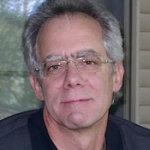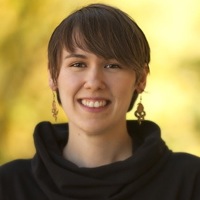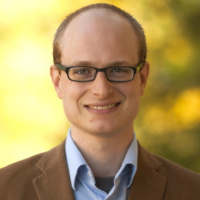
Gregory Waller is Professor in the Department of Communication and Culture at Indiana University, Bloomington and past Department Chair (2003-2010). In 2002, he was a Visiting Scholar at the University of Roma, La Sapienza (Appalachian-Rome Exchange Program). Waller is the recipient of a number of awards, most recently the Indiana University New Frontiers Grant and the College Arts and Humanities Institute Grant for the Orphans Film Symposium (2013). In 2007, he was awarded the Indiana University New Perspectives Grant for Film Conference (Film Indiana: Screening Shorts) and in 2005, the Toshiba Foundation Grant for Museum Exhibition (Japan-in-America, The Turn of the Twentieth Century). In addition to being the editor of the journal Film History since 2012, Waller is the author of Moviegoing in America: A Sourcebook in the History of Film Exhibition (2002) and Main Street Amusements: Movies and Commercial Entertainment in a Southern City, 1896-1930 (1995), which won the Theatre Library Association Award (1995) and the Katherine Singer Kovacs Award of the Society for Cinema Studies for outstanding scholarship in film and media studies (1995-1997). Additionally, Waller has published numerous book chapters (e.g., “Projecting the Power of 16mm, 1935-1945” in Charles Acland and Haidee Wasson’s Useful Cinema) and journal articles (e.g., “Narrating the New Japan: The Hero of Liao Yang (1904)” in Screen 47, 2006.) He is currently working on Theatrical Cinema in 1915: Sites, Sponsors, and Circulation, a study of non-theatrical cinema in the US before the advent of 16mm film. Waller will serve on the Advisory Board for Project Arclight.



